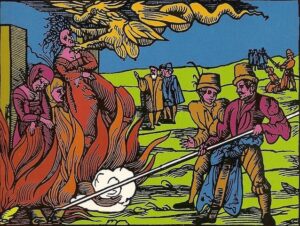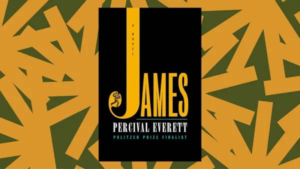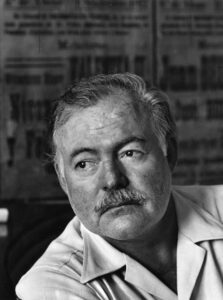Eight Quick Bites
Since K and I set off to Japan on June 24, I’ve not read a single book or watched a movie. Now that my speeches and meetings here are done, I’m hoping to get back to writing movie and book reviews. In the meantime, I’ve written mini-reviews of various newspaper articles and magazine essays I’ve read on trains and in cars, shuffling from one place to another, which I found – for one reason or another – worth recommending.
* The Boycott Against Israel
The anti-Israeli protests and rallies that were ubiquitous among Western colleges and universities since the beginning of the year have diminished considerably since the summer recesses began, but the efforts by academic and cultural groups and institutions to support Hamas and Hezbollah terrorism by boycotting everything Israeli – from Israeli technology to Israeli consumer goods to Israeli participation in educational and cultural events – are stronger than they have ever been this summer. And according to this essay recently published by the WSJ, those boycotts are being felt far and wide in Israel.
Read Time: 12 min.
* The Case for Kamala Harris
In this piece published recently in Slate, Jill Filipovic, argues that Kamala Harris would be a great replacement for Joe Biden, but she fears that the American public is too racist and misogynist to elect her. I’m recommending it not because I think it has any merit, but to illustrate the almost astonishing detachment from reality and pre-adolescent logic it takes to make an argument like this.
Read Time: 8 min. (but you may give up after 2 or 3)
* AI and the Future of Books
“Scraping” is a term that describes the process of feeding massive amounts of diverse data into AI entities. When R.O. Kwon discovered that one of her books had been scraped from a book data site that some AI models were trained on at the time, she felt cheated. She realized that not only was her work taken from her without compensation, but that all sorts of elements of her creativity, including her diction, sentence structure, grammar, and literary style were being gobbled up, too. “It’s potentially the biggest rip-off in creative history,” says Douglas Preston, a bestselling author and one of the plaintiffs in the class-action lawsuit filed against Microsoft and ChatGPT creator OpenAI.
Click here.
Read Time: 55 min.
* Returning to the Music of Natalie Merchant
“Just around the time I was introduced to Natalie Merchant’s music, Mary Pipher’s book Reviving Ophelia: Saving the Selves of Adolescent Girls (1994) made cultural waves as an exposition of girlhood and adolescence,” Jenny Boyar writes in this LA Review of Books essay about Merchant’s effect on her life, including a theme she sees in Shakespeare’s depiction of Ophelia. There’s no doubt that Merchant’s primary audience has been young women, and particularly those swept up by leftist social causes. But I was a mid-forties, politically middle-of-the-road man when I first got hooked by her. I can’t say Boyar’s insights helped me understand my attraction to Merchant, but they do shed light on why and how she had such an effect on so many smart, young women of that time.
Read Time: 18 min.
* Big Pharmacy-Benefit Managers
I believe I’ve heard the term before, but I forgot or never understood what it meant. Benefit managers are businesses that corporate health plans and employers hire to manage drug benefits for insured employees. They are supposed to be working for the good of the employees they give advice to. But according to the FTC, they are steering patients away from perfectly effective medicines and therapies that are inexpensive and towards others that are more profitable to them. To the tune of $1.6 billion.
Click here.
Read Time: 14 min.
* Should Businesses Offer Well-Being Days?
Can you improve the mental health and attitude towards their work by giving employees days off to restore their mental health? In this article from Raconteur Daily, two experts debate the pros and cons. Can you guess which one I agree with?
Read Time: 4 min.
* Why Does NATO Exist?
I don’t agree with the argument Dan Gardner makes in this essay in support of NATO, but he does a good job of laying it out from an historical perspective. In a future issue, I’ll give you my thoughts. Meanwhile, I thought this was worth reading.
Click here.
Read Time: 11 min.
* An Alternative Education
In the most recent issue of Doug Casey’s International Man, Jeff Thomas recommends to a young woman what she should do instead of going to college next year.
Click here.
Read Time: 4 min.










